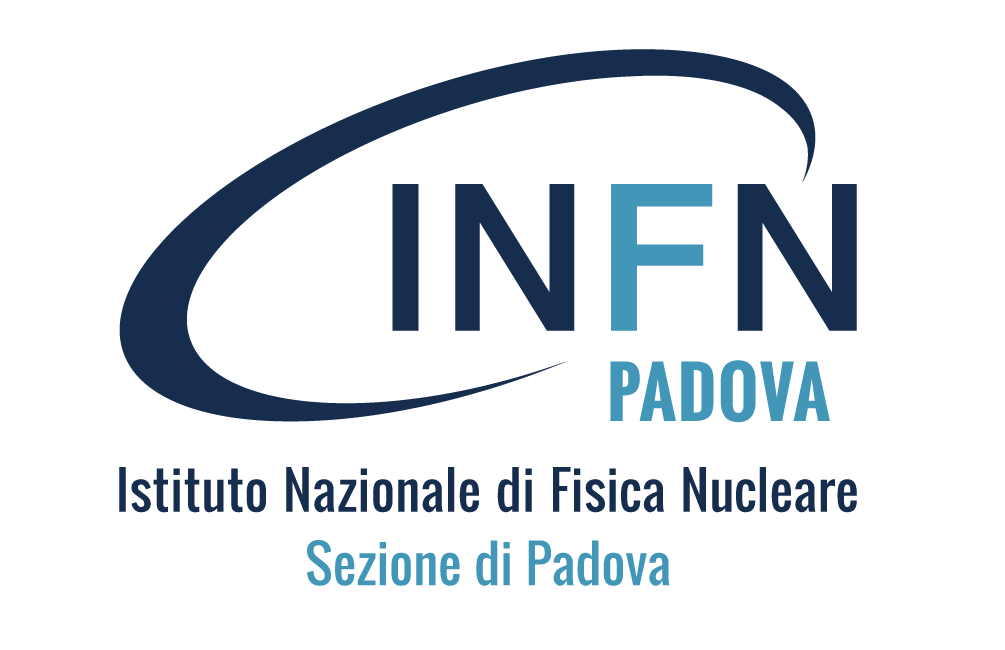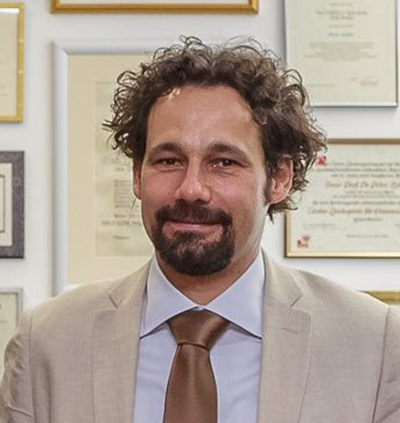Tensor Networks in Simulation of Quantum Metter

>> Partner 1 // Project Coordinator

The section of the Italian Institute for Nuclear Physics (INFN) is hosted in the Department of Physics and Astronomy of the University of Padua.
Among the oldest universities in the world, the University of Padova was set up in 1222.
Since then, it has been home to figures who changed the cultural and scientific history of humanity, including Copernicus and Galileo Galilei.
The INFN section and the Department of Physics and Astronomy continue the centuries-old tradition, with involvement in research projects at the highest international competitiveness in fundamental physics, applied physics, and astronomy.
In 2020, the Padua QTech Center has been founded by the Departments of Physics and Astronomy, Engineering of Information, Chemistry, and Mathematics.


Prof. Dr Simone Montangero is affiliated at INFN, full professor at the Department of Physics and Astronomy of the University of Padova, Honorary Professor at Ulm University, member of the Science and Engineering Board of the Quantum Flagship, and deputy director of the Padua QTech Center.
He has pioneered the development of tensor network methods for quantum technologies and lattice gauge theories, and the application of optimal control theory to many-body quantum systems. He has been a Heisenberg Fellow of the German Science Foundation, a Humboldt Fellow, and an IQOQI visiting fellow of the Institute for Quantum Optics and Quantum Information of the Austrian Academy of Science.
He has authored more than 120 scientific publications at the interface of quantum science, many-body physics, and condensed matter.

Dr. Pietro Silvi graduated from the University of Pisa and Scuola Normale Superiore in 2007, and obtained his PhD in Condensed Matter Physics at the International School of Advanced Studies (ISAS -Trieste) in 2011.
He was personally awarded the Research Bonus grant from the Ulm University in 2014, and participated as PI in national research project grants for more than a million euros, in Germany and Austria.
He possesses diversified expertise spanning various aspects of quantum physics and quantum information:
From entanglement certification to numerical simulation of many-body quantum systems, from lattice gauge theory to quantum simulation on trapped ions and Rydberg atoms.


The INFN node will take part in all WPs in the project, exploiting its ability to apply TNM to novel phases of matter and using them to benchmark and support the development of novel architectures for quantum simulators.
The node will coordinate the overall project and will be the WP leader of WP4, taking care of the project management and the dissemination of the results.

T- NiSQ | Tensor Networks in Simulation of Quantum Matter© 2023 All rights reserved | Accessibility | Privacy policy